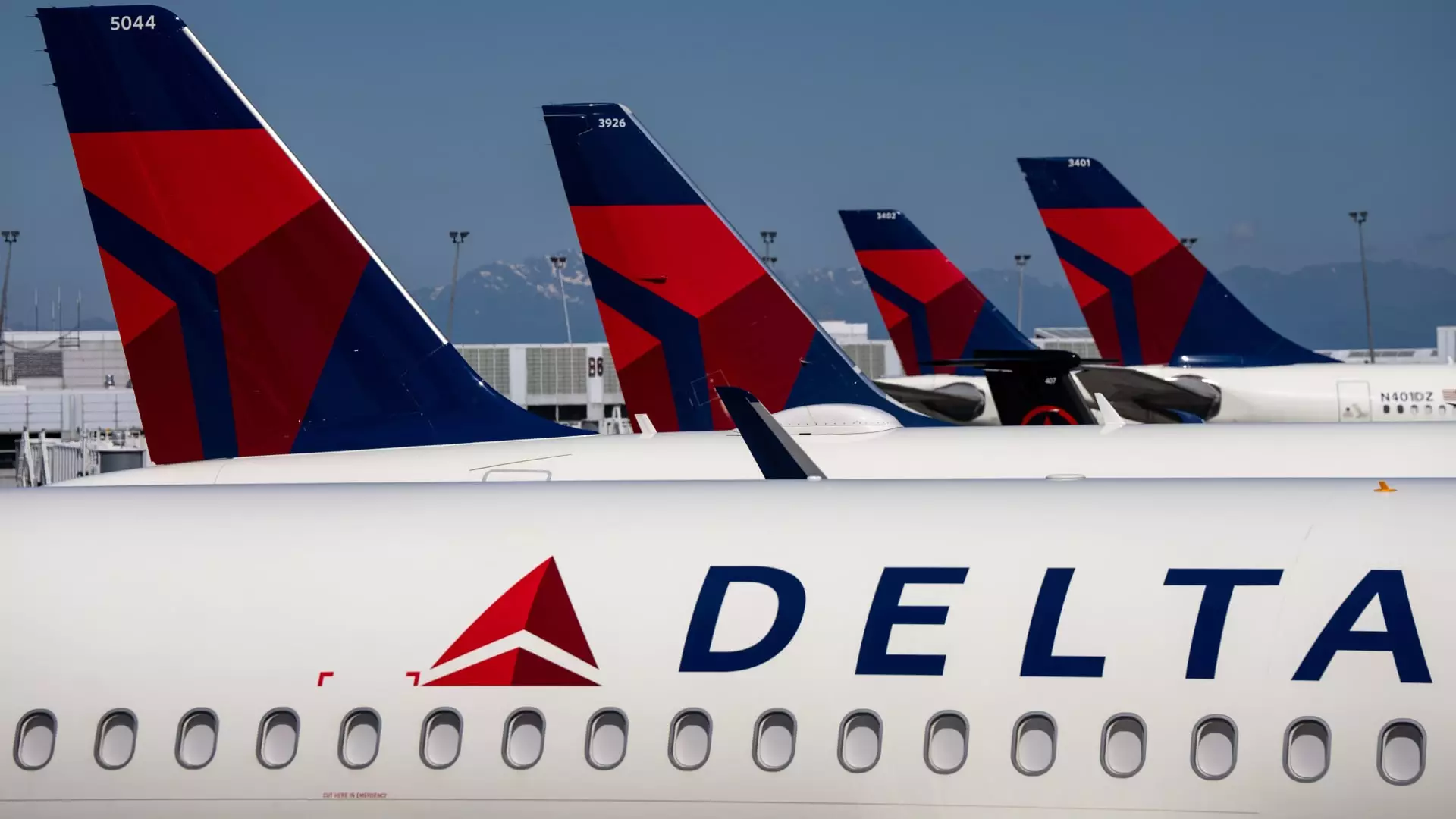Delta Air Lines recently made headlines for its accusations against Microsoft and CrowdStrike for a massive IT outage that led to the cancellation of thousands of flights. Delta CEO Ed Bastian claimed that the disruptions cost the airline around $500 million, pointing the finger at the lack of modernization in technology. However, Microsoft fired back quickly, refuting these claims by highlighting Delta’s failure to keep up with competitors in updating their IT infrastructure.
Microsoft’s Response
In a letter from Mark Cheffo, a Dechert partner representing Microsoft, the company expressed confusion as to why Delta struggled more than other airlines to recover from the IT outage. Cheffo suggested that Delta had not invested in modernizing its IT infrastructure, which contributed to the prolonged disruptions. Despite Delta’s claims of investing billions in IT capital expenditures since 2016, Microsoft argued that the airline’s failure to update its systems hindered the recovery process.
Responding to Microsoft’s allegations, Delta maintained that it has a long track record of investing in safe and reliable service for its customers and employees. The airline emphasized its substantial investments in IT capital expenditures over the years, rejecting Microsoft’s claims of outdated technology. Delta’s statement aimed to reassure the public that they prioritize customer safety and service despite the recent challenges.
The conflict between Delta and Microsoft escalated as both parties accused each other of failing to comply with contractual requirements. Delta’s attorney, David Boies, accused Microsoft of acting in a grossly negligent manner regarding the Faulty Update from CrowdStrike. Microsoft’s chief legal officer, Hossein Nowbar, responded by dismissing Delta’s claims as incomplete and damaging to Microsoft’s reputation, further complicating the situation.
Despite offers of assistance from Microsoft and CrowdStrike, Delta reportedly turned them down in the aftermath of the IT outage. Microsoft claimed that its employees were willing to help Delta free of charge, but the airline refused their assistance. Delta CEO Bastian acknowledged the consulting advice offered by CrowdStrike but highlighted a lack of financial compensation. The breakdown in communication between the companies hindered potential collaboration to address the fallout from the incident.
Technology Providers and Accountability
Microsoft raised concerns about Delta’s reliance on other technology providers such as IBM and Amazon for crucial systems like crew scheduling. While Delta stated that it does not depend on Windows or Azure cloud services, Microsoft demanded records to assess the role of other technology vendors in the airline’s IT issues. The complex web of technology integrations at Delta highlighted the need for accountability and transparency in managing IT systems.
The dispute between Delta Air Lines and Microsoft sheds light on the challenges of modernizing technology infrastructures in the airline industry. As digital systems play a critical role in ensuring operational efficiency, collaboration and communication among technology partners are essential. Moving forward, both Delta and Microsoft will need to address the underlying issues that led to the IT outage and work towards a more robust and resilient IT framework to prevent future disruptions.


Leave a Reply